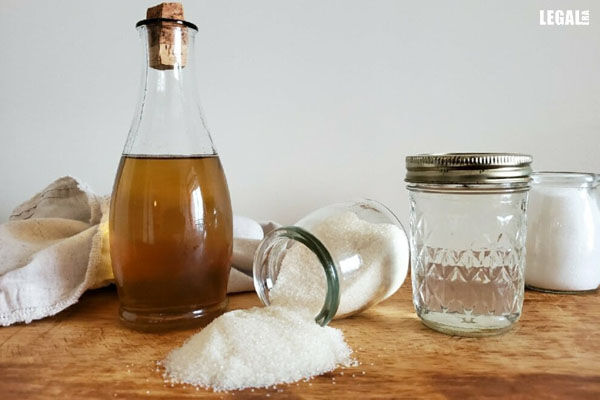
Tribunal Sets Aside Excise Duty Demand on Captive Consumption of Sugar Syrup
Marketability is essential for excise duty on intermediate goods, rules CESTAT
The Chennai Bench of the Customs, Excise, and Service Tax Appellate Tribunal has delivered a significant judgment clarifying the excitability of intermediate goods captively consumed during manufacturing. The tribunal held that sugar syrup produced and consumed within the factory premises in the process of biscuit production is not marketable and therefore not subject to excise duty. This decision sets aside the demand for duty, along with interest and penalty, previously imposed by the excise authorities.
Background of the Case
Modern Bakers, Madra Pvt. Ltd., engaged in the manufacture of biscuits on a job work basis, became the subject of an excise duty demand relating to sugar invert syrup—a by-product generated during the biscuit manufacturing process. The sugar syrup, which was captively consumed within the factory for further processing, became the focus of a show cause notice issued by the department. The department alleged that sugar syrup was listed under the Central Excise Tariff and thus liable to excise duty even when consumed internally.
The demand amounted to Rs. 4,97,455, accompanied by interest and penalties. The adjudicating authority confirmed this demand, and the Commissioner (Appeals) upheld the order, prompting the appellant to approach the tribunal for relief.
Arguments Presented
The appellant’s counsel contended that the sugar syrup produced was an intermediate product consumed exclusively within the factory and not a marketable commodity. Emphasizing the principle that excise duty applies only to marketable goods, the appellant argued that the department had failed to demonstrate the marketability of the sugar syrup. Counsel further submitted that no empirical test—such as evidence on shelf life or market demand—had been conducted by the department to substantiate its claim.
In support of their position, the appellant relied on the Supreme Court’s ruling in F.G.P. Ltd. v. Union of India, which underscored the necessity of marketability to attract excise duty. Additionally, reference was made to an earlier decision by the same tribunal in 2019, where a similar demand regarding sugar syrup had been rejected due to lack of proof on marketability.
Conversely, the revenue’s counsel argued that sugar syrup was explicitly specified in the Central Excise Tariff and that the appellant had previously discharged excise liability on it until May 2008, including claiming input tax credit for its manufacture. According to the department, these facts established a continuing duty obligation, and the demand was therefore justified.
Tribunal’s Analysis and Findings
The two-member bench, consisting of Judicial Member Ajayan T.V. and Member M. Ajit Kumar, critically examined the arguments and the factual matrix. The tribunal emphasized that mere inclusion of sugar syrup in the Central Excise Tariff did not ipso facto establish its marketability. The cornerstone of excise duty liability is the marketability of goods; without it, the levy cannot be sustained.
The tribunal further clarified that the burden of proving marketability rests squarely on the department, which failed to discharge this responsibility by not producing any credible evidence related to market demand or shelf life of the sugar syrup. The bench also observed that the appellant’s earlier voluntary payment of duty did not create an estoppel against the statute, thereby negating any presumption of ongoing liability.
Given these considerations, the tribunal concluded that sugar syrup captively consumed in the biscuit manufacturing process could not be regarded as excisable goods. Consequently, the demand for duty, interest, and penalty was set aside in entirety, and the appeal was allowed with consequential relief.
Implications of the Judgment
This ruling holds substantial significance for manufacturers who produce intermediate goods for captive consumption within their production processes. The judgment reiterates that the tax net of excise duty applies strictly to goods that are marketable, thereby protecting industrial units from undue levy on in-house intermediate products.
Moreover, the decision clarifies the limits of departmental powers in demanding excise duty absent concrete proof of marketability, reinforcing procedural fairness and legal certainty for assessees.
The CESTAT’s decision in favour of Modern Bakers Pvt. Ltd. establishes an important precedent that excise duty cannot be arbitrarily imposed on intermediate products captively consumed within the manufacturing process, unless marketability is clearly demonstrated. This case underscores the judicial insistence on adherence to statutory principles and evidentiary standards in excise matters, ensuring that industrial operations are not burdened by unwarranted fiscal demands.